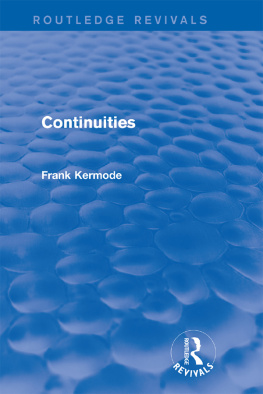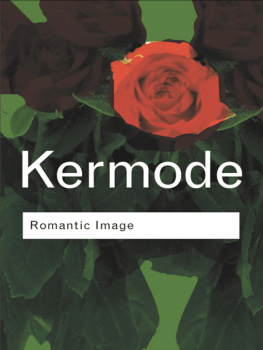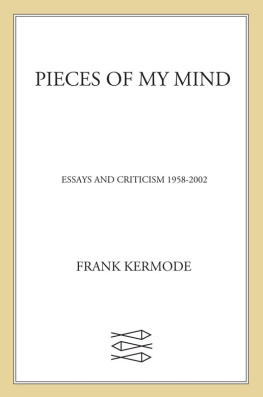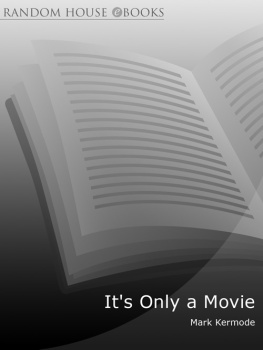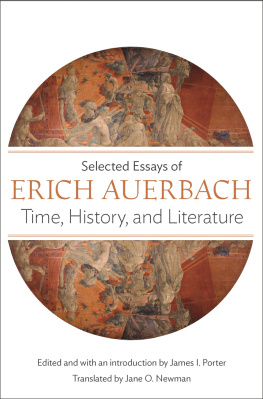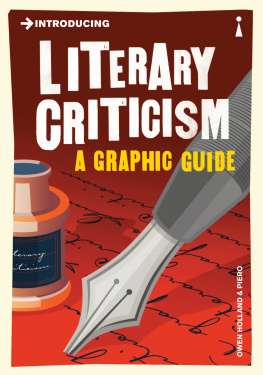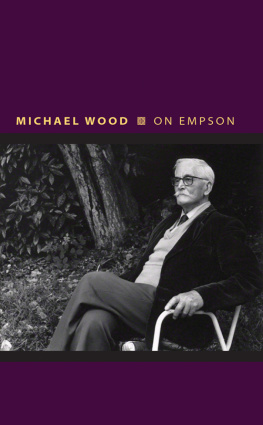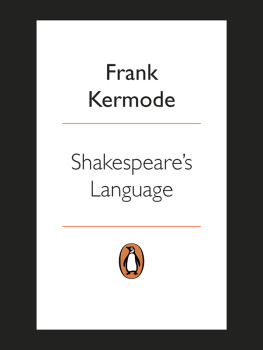Chapter 1
The Common Reader
Over the past few years, we have heard a good deal about a possible and desirable science of literature that would have linguistics as its principal model; and it would be reasonable to maintain that we have seen marked advances in descriptive and taxonomic techniques, especially in the analysis of narrative. Unprecedentedly large numbers of people now seek, or are compelled to undergo, formal instruction in literature, and part of the motivation of this new science is undoubtedly a desire to develop a systematic body of information that can be taught and learned. Another part is the wish to establish a decent claim to exactness; for in the modern university, whatever is spent on the humanities must be obtained at the expense of the natural sciences, with their insatiable appetite for money.
There is nothing very new about such desires and claims; in some form or other, they have existed ever since the vernacular literatures were admitted as subjects for study in the universities. In former times, the model for imitation might have been classical philology or comparative philology; more recently, it has been post-Saussurean linguistics. Yet there has always existed, along with these scientific aspirations, a strong current of antipositivism, a conviction that the study of literature could only be frustrated by attempts to ape either the exactness or the utility of the hard sciences. And this opinion has survived along with all the latest things in theory. Over the past few years, we have seen the successful publication of new kinds of literary criticism that are frankly incomprehensibleand of course totally without interestto nonprofessional readers, and it ought not to seem surprising that they have produced a backlash. The protesters argue that the business of literary criticism, however they may define it (as the common pursuit of true judgment, the elucidation of works of literature, and so forth), is certainly not the arcane and pretentious affair it is represented as being by the latest theorists. And as often as not, they will at this point refer to Samuel Johnson as a great critic seraphically free from the taint of theory, and remind us that Johnson said that he rejoiced to concur with the Common Reader, implying that all good critics must do likewise.
Johnson concurred, specifically, with the opinion of the Common Reader on Grays Elegy in a Country Churchyard, and added this: By the common sense of readers uncorrupted with literary prejudices, after all the refinements of subtilty and the dogmatism of learning, must be finally decided all claim to poetical honours. And it is to this Common Reader, endowed with common sense but innocent of subtlety and learning, that many refined, subtle, dogmatic, and learned literary critics now profess to cede all judgment.
It is as well to be clear about what Johnson meant. In rejoicing to concur with the Common Reader, he was of course making it evident that he himself was a different animal altogether, though capable of understanding judgments that were unprejudiced and incorrupt. That he could speak so of the consensus of unspecialized opinion is an indication that he was talking about a state of affairs historically very different from our own. Johnson was not a teacher of literature in the modern manner, and critics who nowadays say that they yield to the authority of the uninstructed are in a very different position from his. Why, what, and whom are they teaching? Helen Gardner, a devout supporter of the Common Reader view, has spent her life teaching literature to the expensively educated. In a recent bookbetter readers than others, and I suppose she would number her Oxford students among them; they are already uncommon readers, and unless the teacher secretly believes that reading cannot be taught, will presumably be even more uncommon by the time they leave the university. To believe otherwise would surely destroy the spirit of all but the most cynical and self-serving of teachers. Yet Dame Helen warmly applauds Dr. Johnson and Virginia Woolf, who took The Common Reader as a title for her collected literary essays, for appealing from the judgment of professionals to the common sense of those who read widely for enjoyment.
The Common Reader is of course not a person but a constituency, and everybody not seeking to grind an ax must know that by now it is a pretty rotten borough. Whether or not there is a causal connection, the dissolution of the Common Reader has proceeded pari passu with the establishment and growth of the profession of which Dame Helen is such an ornament. A large-scale history of the Common Reader is certainly a professional desideratum (though it might find but few common readers). Erich Auerbach sketched a part of that history when he investigated the expression la cour et la ville: The absence of function, common to the aristocracy that had been stripped of its feudal character and to the wealthy bourgeoisie which had begun to turn away from gainful occupations toward otium cum dignitate, fused these two groups into a single class, namely la cour et la ville. But as this class expanded, it recruited on a large scale from la ville, and in the course of the eighteenth century, the public came to be dominated by la ville, the bourgeoisie. This public came into existence as a direct consequence of the development of the vernaculars and of printing. Auerbach says that it determined the character of literature and the literary language throughout Europe. It was an elite minority, clearly differentiated from the uneducated on the one hand and the specialists on the other. In fact, it was Johnsons Common Reader.
Johnson took an interest in this phenomenon, and of course understood that it had undergone a historical development. He
That last sentence might adorn the wall of any modern publishers office, but the point is that leisure and income are now for the most part otherwise employed than in reading. We still speak of the general reader, but not very hopefully, and it is acknowledged that the kinds of people who constituted the class of the Common Reader have now thought of other things to do; the class is as nearly obsolete as polite literature, which is what it once chose to read. Its rapid decline dates from the last quarter of the nineteenth century; one symptom of it was the sudden demise of the three-decker novel that had helped to fill the leisure time of large numbers of bourgeois families. The effect on literary production is very noticeable in the same period. Crudely speaking, there was a new public to satisfy, but its requirements were not always consistent with the aspirations of authors who thought of themselves as artists. Hence the new importance of such editors as Edward Garnett, middlemen between artist and public. Garnett wielded extraordinary power over a host of writers, including Conrad, Galsworthy, and Lawrence, and they submitted to it because the gap between art and the public had to be closed if they were to survive.masses made it more and more obvious that serious writing must be content with its own small audience; the avant-garde took pride in the fact, but eventually its products were to be saved by the creation of an artificial class of readers who taught, or were taught, in colleges. The division widened as cinema, radio, and television took over the task of filling peoples leisure time; and all the duties of the old Common Reader have now virtually devolved upon professional students of literature. The competition for mass markets (for common readers in a looser sense) is something that does not concern these professionals, who generally have nothing whatever to do with the promotion or censure of the most widely read books. Pale descendants of the Common Reader, they have none but the most transient contacts with common readers.



